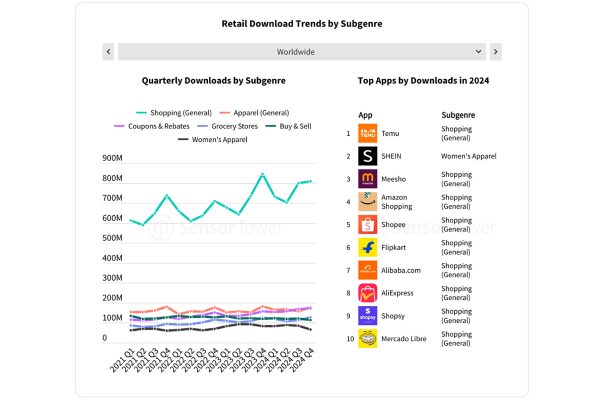A new ShipStation survey reveals the growing dominance of the recommerce market in the UK. As consumer confidence rises and a new government takes charge, the economic landscape is shifting. However, Brits continue to seek value amidst the cost-of-living crisis, turning to second-hand alternatives. The survey shows that over a third of UK consumers embrace secondhand shopping on a monthly basis, with Gen Z and Millennials leading the charge. Driven primarily by significant cost savings and the desire for quality items at a lower price, recommerce has become more than a trend; it’s a fundamental shift in consumer behaviour.
Delving deeper into the £7 billion UK recommerce market (according to Barclay’s Bank), ShipStation’s findings highlight the pivotal role second-hand items play in today’s retail market. With high-street foot traffic declining, retailers must adapt to these evolving preferences to thrive in the current and future economic climate.
Brits Seek Value and Sustainability
Across all age groups, lower cost is the primary reason for purchasing pre-owned items, followed by the desire for higher quality at a lower price. Notably, over a quarter (27%) of British consumers also cite environmental concerns as a factor in their second-hand purchases.
To capitalise on this trend, SMEs should consider expanding their inventory to include pre-owned goods, emphasising cost savings and unique finds to attract a broader customer base. In the short term, retailers should consider highlighting lower prices and prioritising unique items, as those are key preferences for British consumers.
Younger Generations Drive Recommerce Growth
While recommerce appeals to a wide range of consumers, a generational divide exists. Millennials and Gen Z are the driving force, with 58% of Gen Z and 50% of Millennial respondents stating that they purchase pre-owned items weekly or monthly. On the other hand, over a quarter (27%) of Boomers say they never buy second-hand.
Recommerce is undeniably here to stay, and this presents a significant opportunity for retailers to prepare for peak season. Our survey underscores that recommerce isn’t just a fleeting trend; it’s a significant shift in consumer behaviour. Retailers need to stay ahead of evolving consumer habits, focusing on cost-saving and unique items to meet customer demands and stand out in the competitive retail landscape
– Matthew Trattles, Vice President of SMB at Auctane, ShipStation’s operating brand
Delivery Experience Impacts Consumer Loyalty
Whilst recommerce thrives, some factors hinder repeat purchases. High shipping costs (71%) are the top reason consumers avoid returning to a retailer. From here, the generations are then divided in two, with Gen Z (46.2%) and Boomers (48.3%) saying that late deliveries will impede them from purchasing again, while Millennials (35.7%) and Gen X (35.4%) say that poor packaging will deter them from buying from a brand again.









